Eco-anxiety and harnessing hope for the future
Mental health nurse and Wao speaker Sam Rodney-Hudson discusses the rise of eco-anxiety and what you can do to stay positive in the age of overwhelm.
Very few argue the fact we are currently living in a climate crisis. The past 20 years have seen a steady increase in natural disasters. Climate change, deforestation, pollution, and species extinction is happening at an alarming rate and there doesn’t seem to be much mahi to slow it down.
I made my first donation to Greenpeace when I was 10 and there was no way I was having children due to the state of the world I would leave them to inherit. Youth environmentalism is nothing new but it’s definitely more pressing, as I frequently tell my two children!
Governments and leading organisations have failed to act for years, and humanity has rightly taken it upon itself to raise awareness. The plus side of raising awareness about anything that causes harm is the increased likelihood of change. Behaviour change, legislative change and hopefully paradigm shifts. But the negative side is the knowledge that things out of your control are happening every day and it’s not okay.
Social media companies, charged with the task of growth, growth and more growth have found a way to capitalise on our attention by harnessing our outrage and ensuring we stay engaged and on their platforms. So it’s little wonder we are seeing the new, more widespread sense of despair and phenomena of eco-anxiety. Our anxiety is being exploited and sold, it’s a commodity, with information overload intentional.
Therapists have reported a significant increase in clients sharing their disturbing concerns about the climate crisis and feeling overwhelmed with sadness and guilt about future decisions like buying a house, travelling and having children.
Unsurprisingly, Greta Thunberg’s worldwide movement started with her experiencing a period of sadness and despair, leading her parents to support her to take action. We are all aware of the impact that initially small but ultimately massive global action has had in slowly but surely awakening many.
As a mental health nurse, I see eco-anxiety as one of many things we worry about that we have little or no immediate control over. I tend to suggest a focus on transferable skills like resilience, emotional regulation, and taking small steps towards those bigger, seemingly insurmountable, goals.
On the bright side, eco-anxiety is born from a genuine concern for the planet and our fellow humans, it shows an awesome level of empathy and kindness for our wider community, Papatūānuku, and the animal kingdom. It’s an opportunity to work together.
Climate change really is something we see eye to eye on with our young people and teens.
What next?
Sam Rodney-Hudson is a Mental Health Nurse, BSc(Hons) Nursing and Mother of two. To hear more from her in the flesh, be sure to head along to the Wao Summit where Sam will be speaking at the Cultivating Connection Series.

